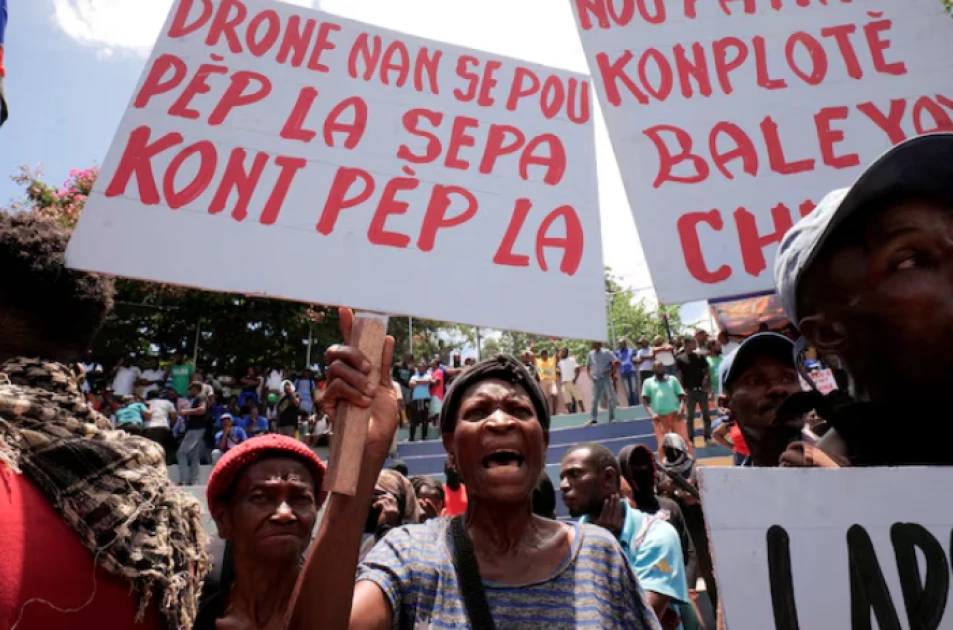A new report by the United Nations High Commissioner for Human Rights (OHCHR) has painted a grim picture of Haiti’s worsening security situation, revealing that nearly 5,000 people have been killed since October 2024 due to intensifying gang violence. The ongoing conflict, primarily concentrated in and around the capital, Port-au-Prince, has displaced hundreds of thousands and severely weakened the country’s already fragile institutions.
A Humanitarian Crisis Unfolding
According to the OHCHR, between October 2024 and June 2025, at least 4,864 people lost their lives amid spiraling gang conflicts. Over 1,000 of these deaths occurred in Port-au-Prince alone. The violence is no longer confined to the capital, with rural and remote regions now experiencing rising human rights abuses in areas where state authority is nearly absent.
Ulrika Richardson, the UN Resident and Humanitarian Coordinator in Haiti, emphasized the gravity of the situation: “Violence increased sharply in recent months… Human rights abuses outside Port-au-Prince are intensifying in areas of the country where the presence of the State is extremely limited.”
She further called on the global community to reinforce its support: “The international community must strengthen its support to the authorities.”
System Collapse and Widespread Displacement
Gangs have tightened their grip on large parts of Haiti, paralyzing local security forces and severely disrupting the work of humanitarian organizations. As a result, tens of thousands have been forced to flee their homes, while essential services—particularly healthcare—have nearly collapsed. The University Hospital of Mirebalais, a vital institution in the national health network, has shut its doors due to insecurity. UN estimates indicate that fewer than 25% of health facilities in the capital region remain operational.
A Threat Beyond Borders
The report warns that the deepening instability in Haiti could soon have consequences beyond its borders. With the country’s security forces overwhelmed and public infrastructure under siege, there are growing concerns about potential spillover effects in neighboring Caribbean nations.
As the crisis continues to escalate, the UN is urging immediate, coordinated international action to stabilize Haiti, restore security, and support its population through humanitarian assistance and institutional rebuilding.
Bottom Line:
Haiti is facing one of its worst humanitarian and security crises in recent history. Without swift and sustained international support, the country—and potentially the wider region—faces an uncertain and dangerous future.



